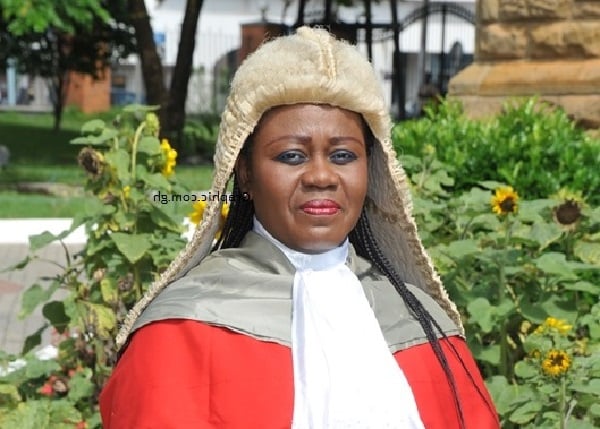The recent suspension of Ghana’s Chief Justice by the President has stirred significant public debate and legal scrutiny. While some argue that the President acted within constitutional bounds, others see it as a politically motivated move. To assess the validity of this action, it is crucial to examine the legal framework, historical precedents, and political responses that surround it.
What Does the Constitution Say?
The 1992 Constitution of Ghana outlines a clear process for the removal of a Chief Justice under Article 146. Once a petition is submitted against a Justice of the Superior Court, the President must refer it for a prima facie determination. In the case of the Chief Justice, this is done by the most senior Justice of the Supreme Court who is not the subject of the petition.
If a prima facie case is established, the Constitution allows the President to suspend the individual while a committee investigates the matter. This is precisely the process reportedly followed in the current scenario.
Precedents Under the Same Article
This is not the first time Article 146 has been invoked. Former President Nana Addo Dankwa Akufo-Addo used the same constitutional provision to remove four Justices of the Superior Court and the Chairperson and two deputies of the Electoral Commission. While these decisions attracted public interest, they followed constitutional procedure and were generally accepted as lawful.
Ironically, it was just before leaving office that President Akufo-Addo reportedly referred a petition against the current Chief Justice for consideration under the same article. The process now being followed mirrors that decision.
The Political Twist: Why Is the NPP Protesting?
In an unexpected turn, the New Patriotic Party (NPP), now in opposition, has voiced strong objections to the suspension. Some political observers find this puzzling, considering the party’s past support for similar removals under the same legal provision.
This has led to public remarks that the NPP appears to be “crying more than the bereaved.” Are there political stakes or strategic interests at play that have not been publicly disclosed? The strong reaction has only deepened suspicions of selective outrage and political maneuvering.
Where Is the Ghana Bar Association?
The Ghana Bar Association (GBA) has also come under fire. Critics note its silence during the removal of the former EC Chairperson and her deputies, contrasting it with its current concerns. This perceived inconsistency raises questions about the GBA’s impartiality and its role in defending the rule of law, regardless of political context.
Moving Forward: The Need for Institutional Integrity
Whether the President’s action is politically motivated or purely constitutional, one thing is clear: institutions must rise above partisan interests. Transparency, due process, and public accountability are essential to restore confidence in the judiciary.
To that end:
The proceedings of the investigative committee must be open and fair. Institutions like the GBA must apply the same standards to all cases, irrespective of the political climate. Political actors should refrain from inflammatory rhetoric that undermines the judiciary.
Conclusion
The Constitution appears to have been followed, but perceptions of political interference remain. This episode highlights a recurring challenge in Ghanaian democracy: ensuring that the rule of law is not overshadowed by the rule of politics. For Ghana to strengthen its democratic foundations, consistency, integrity, and respect for legal processes must guide both government and opposition actions.
About the Author: Dr. Jerome Kpan is a postdoctoral researcher in ecological chemistry and governance, with a focus on transdisciplinary policy and institutional accountability in West Africa.


